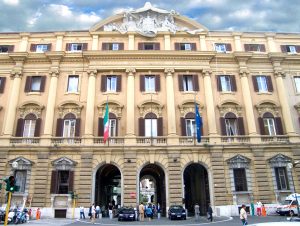In recent years, democracy has faced profound challenges, including serious populist and autocratic shifts. In this context, the European Group on Ethics in Science and New Technologies (EGE) was invited by President von der Leyen to provide advice on addressing and promoting democracy as part of the European Commission’s efforts.
On June 20, 2023, the Presidents of the EGE delivered the opinion on “Democracy in the Digital Age” to Vice-President of the Commission, Dubravka Šuica, which also includes a series of recommendations.
About the European Group on Ethics in Science and New Technologies
The EGE is an independent multidisciplinary body appointed by the President that advises on all aspects of the European Commission’s policies and legislation where ethical, social, and fundamental rights dimensions intersect with the development of science and new technologies.
The Opinion of the European Group on Ethics in Science and New Technologies
In the opinion, the group emphasizes the following points:
- Protecting democracy in the digital age requires more efforts beyond combating electoral interference, close attention to technologies, and privacy, although these efforts remain important.
- There is a need to deeply rethink democracy, and the process of inclusive deliberation on the meaning of democracy must be safeguarded. Democracy can quickly become an empty shell if not supported by the fundamental rights and values it seeks to protect and promote.
- Beyond the well-discussed dangers of opinion formation and public debate manipulation in the digital space, the EGE warns of the growing public dependence on technology companies for infrastructure and services. Efforts must be strengthened to ensure that socio-technical developments are guided by societal interests for the common good.
The main recommendations of the EGE are as follows:
- Greater support for public participation, civic education, critical digital literacy, and inclusive digital citizenship.
- Consistent and impactful regulation for digital practices serving the interests of all.
- Enhanced support for civil society organizations and media professionals.
- Publicly-funded innovation for the benefit of the public, with basic needs safeguarded from market logics.
- EU diplomacy to protect democracy and amplify the voices of civil society for the well-being of people and the planet.





